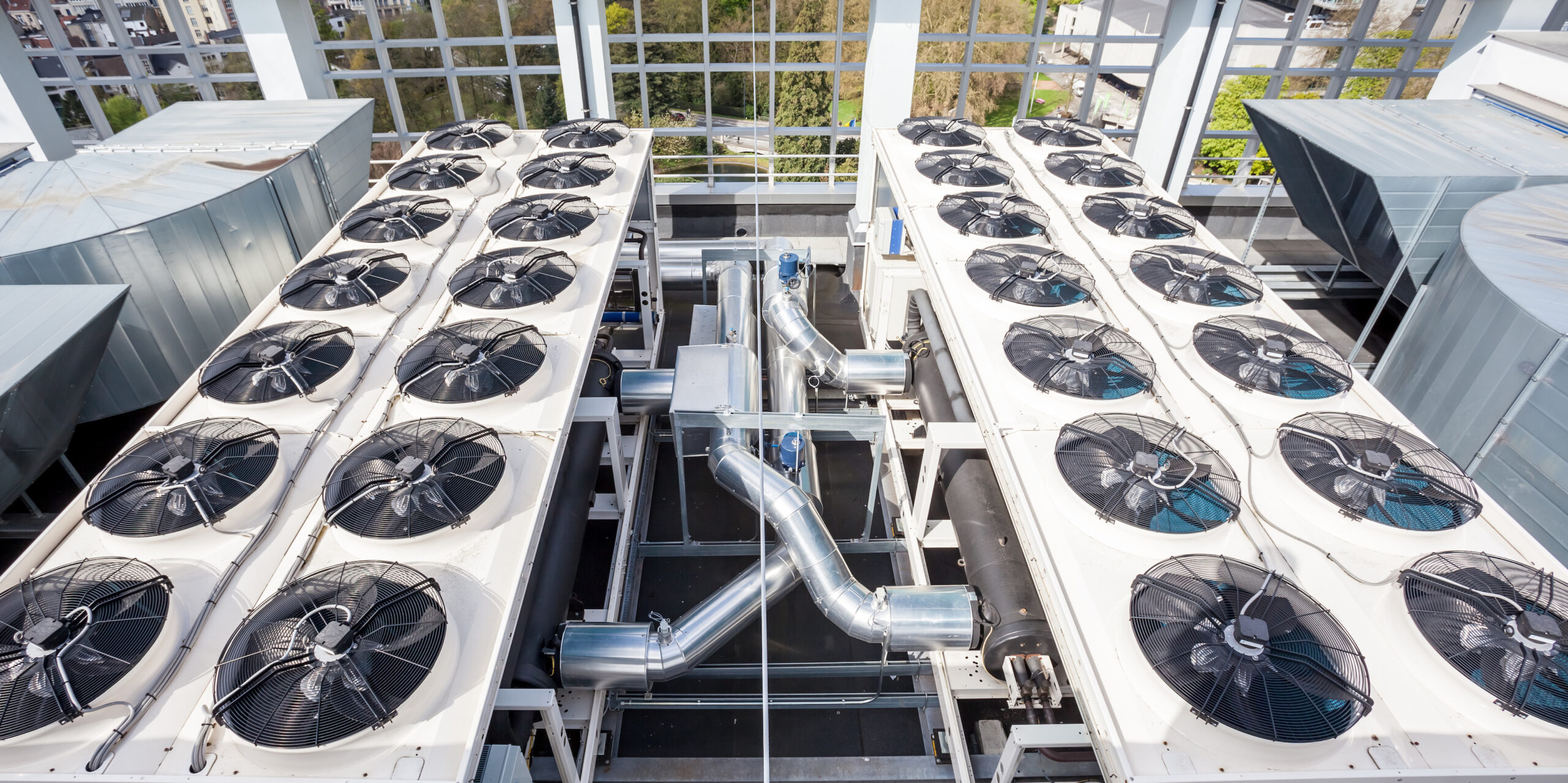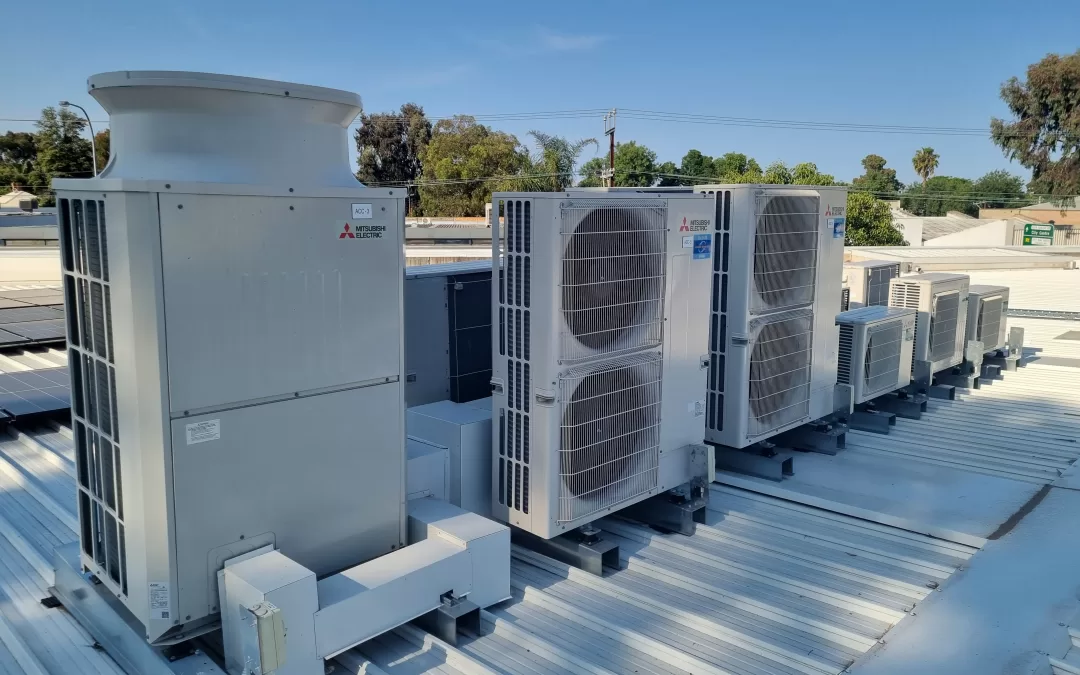Reliable Hvac Services For Cost-Saving Heating And Cooling Solutions
Reliable Hvac Services For Cost-Saving Heating And Cooling Solutions
Blog Article
Your Overview to Choosing the Right HVAC System for Your Needs
Choosing a proper cooling and heating system is a critical decision that can considerably affect convenience and power effectiveness in your house. Different aspects have to be considered, consisting of the dimension of your house, neighborhood environment problems, and details home heating or cooling down demands. In addition, comprehending the various kinds of systems offered and their energy scores can help direct your choice. By evaluating these elements carefully, you can stay clear of usual challenges. What crucial factors to consider should you focus on to guarantee your financial investment satisfies both prompt and long-term requirements?
Comprehending HVAC System Kind
When choosing a heating and cooling system, it is important to comprehend the different types readily available to satisfy your specific requirements. The primary groups of heating and cooling systems consist of main air conditioning systems, ductless mini-split systems, heatpump, and heater systems.
Central air conditioning systems are made to cool numerous spaces making use of ductwork to distribute conditioned air. They are ideal for bigger homes requiring constant temperature level control. Ductless mini-split systems, on the other hand, give versatility and performance, as they permit zoning capacities, enabling private area temperature law without the need for ductwork.
Warmth pumps run by moving heat rather than generating it, making them an energy-efficient choice for both heating and air conditioning. Alternatively, heater systems make use of burning to produce heat, utilizing either gas, oil, or electrical power.
Each system has distinct advantages and factors to consider, consisting of installment needs, upkeep, and total expenses. Comprehending these types will help homeowners make informed choices based upon their details demands, environment, and budget plan constraints, ultimately ensuring optimum convenience and effectiveness.
Examining Energy Efficiency
Power performance is a critical element in the choice of a Cooling and heating system, as it straight impacts both energy prices and ecological sustainability. The Seasonal Power Performance Ratio (SEER) and the Home Heating Seasonal Performance Aspect (HSPF) are vital signs for air conditioning systems, representing their efficiency over a common air conditioning and heating season, specifically.
Additionally, try to find systems that have actually earned the power celebrity label. This accreditation indicates that the equipment satisfies rigorous energy effectiveness standards established by the U.S. Environmental Security Firm. Consider the system's variable-speed innovation, which permits for extra efficient operation by changing the result to match need, even more improving energy cost savings.
In addition, proper insulation and duct sealing can substantially affect the system's total efficiency. In summary, selecting an energy-efficient heating and cooling system not just decreases your power costs yet additionally contributes to a more sustainable environment, making it a vital factor to consider in your getting procedure.
Assessing System Dimension
Picking the ideal dimension for a cooling and heating system is crucial to ensuring optimal performance and efficiency. A small system might battle to keep preferred temperature levels, leading to enhanced deterioration, higher energy intake, and lessened convenience. On the other hand, a large system can result in rapid cycling, which not just triggers ineffectiveness however also affects moisture control and air high quality.
To evaluate the perfect sizing, it is important to conduct a lots estimation, which thinks about elements such as the square footage of the room, insulation levels, window dimensions, and regional climate problems - hvac. This estimation assists determine the British Thermal Devices (BTU) required for heating & cooling. Additionally, it is essential to represent specific demands, such as the number of occupants and the existence of heat-generating appliances

Setup Expenses and Budget Plan
A detailed understanding of installment prices is crucial for businesses and homeowners considering a new HVAC system. The total expenditure of installment can differ commonly based on several aspects, including the sort of system, the intricacy of setup, and the place of the home. Generally, installation costs can vary from $3,000 to $10,000, relying on the system's size and efficiency.
When budgeting for a HVAC system, it is crucial to take into consideration not just the initial installation prices however also any kind of extra expenses that might develop, such as ductwork modifications, electric upgrades, or licenses. Additionally, it is advisable to acquire multiple quotes from qualified a/c professionals to ensure affordable pricing.
Home owners must also consider the potential long-lasting savings related to energy-efficient systems. While the upfront prices may see this site be greater, energy-efficient models can cause significant cost savings on utility expenses with time.

Maintenance and Durability Considerations

Proper maintenance includes regular examinations, filter replacements, and cleaning of air ducts and coils (hvac). Overlooking these tasks can cause lowered performance, increased energy expenses, and premature system failure. House owners must additionally take into consideration the availability of service contracts, which frequently offer scheduled maintenance and concern service, making sure that the system stays in peak problem
Durability differs by system type; as an example, well-kept central air systems can last 15 to twenty years, while heat pumps may have a lifespan of 10 to 15 years. Selecting a system with a solid online reputation for integrity, in addition to buying routine maintenance, can considerably enhance the system's resilience. Additionally, selecting higher-efficiency models might cause long-lasting cost savings on energy costs, stabilizing the preliminary investment with time.
Verdict
To conclude, choosing a suitable HVAC system requires cautious consideration of numerous factors, including system types, power effectiveness, and dimension. Evaluating installation costs and long-lasting maintenance needs is crucial for making sure optimal efficiency and cost-effectiveness. Engaging with cooling and heating experts can offer beneficial insights and customized suggestions that align with certain heating and cooling down needs. Eventually, a well-informed choice will improve convenience and effectiveness in household atmospheres while maximizing power cost savings.
Picking an appropriate Heating and cooling system is an important choice that can considerably affect convenience and power performance in your home.Power efficiency is a vital aspect in the option of a HVAC system, as it directly impacts both utility expenses and environmental sustainability. The Seasonal Energy Effectiveness Proportion (SEER) and the Home Heating Seasonal Efficiency Aspect (HSPF) are essential indications for air conditioning systems, representing their performance over a typical air conditioning and home heating period, specifically. Picking a system with a solid online reputation for integrity, along with investing in regular upkeep, can significantly boost the system's durability.In conclusion, picking an ideal HVAC system demands mindful factor to consider of different aspects, including system types, power performance, and dimension.
Report this page